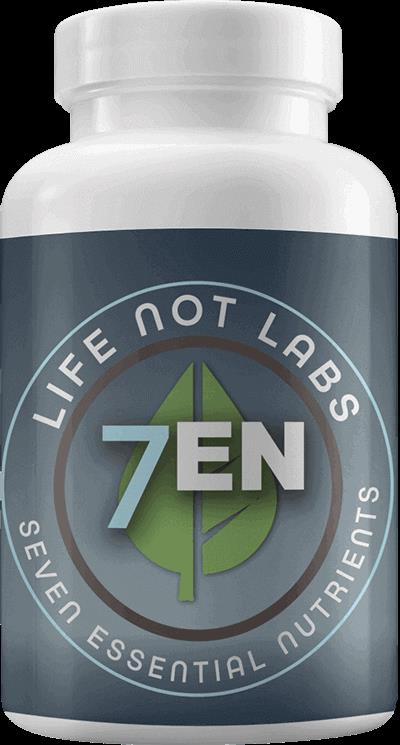
Using organic supplements is a great way to address specific health concerns and support overall wellness. However, they can also be expensive, so it's important to find quality products.
Unlike synthetic supplements, which contain synthetic nutrients that your body can't absorb or use, organic supplements are made from whole foods and nutrient-rich ingredients. This makes them more bioavailable, meaning they are more quickly absorbed by your body and give you more of the healthy benefits they provide.
Vitamins
Vitamins are organic compounds that our body uses, in very small amounts, for a variety of metabolic processes. They can be derived from a variety of foods, but some individuals may need to take supplements due to health issues or restricted diets.
Organic vitamins are derived from whole food sources, so they're easier for the body to absorb and use than synthetic ones. They also contain additional compounds, such as enzymes and fatty acids, that help the body properly digest and utilize them.
Synthetic vitamins are typically made in a lab and mimic the chemical compounds in the body. They're cheaper to make, have a longer shelf life, and can be sold in higher doses than their organic counterparts. They can be used in fortified foods and are also commonly found in multivitamins and supplements.
Minerals
Minerals are substances that form naturally in the Earth. They're solid, inorganic, and have a crystal structure.
They're important for healthy bones, teeth, and blood. They're also needed for turning food into energy.
Deficiencies of calcium, phosphorus, sodium, and potassium can lead to health problems.
They can be found in many different foods, but you might need a supplement if your diet is not balanced. Certain medical conditions or medications can also affect your ability to absorb minerals. Elderly people are especially prone to deficiencies because they're less efficient at producing and absorbing nutrients.
Herbs
Herbs are aromatic leaves from herbaceous plants (plants that lack woody stems) - such as basil, rosemary and parsley. Spices, on the other hand, are dried and crushed parts of aromatic trees and shrubs - such as cinnamon.
Herbal supplements are often recommended by holistic health care practitioners, but they should be used with caution. They may interact with prescription medications and may have harmful side effects if taken without first consulting a doctor.
Herbs have been used for centuries to address a wide range of health concerns. Some are known for their anti-inflammatory properties, while others can boost cognitive function. They also contain phytochemicals, which may contribute to many benefits, including lowered cholesterol, improved insulin response and increased heart health.
Supplements for Specific Health Concerns
When you choose organic supplements, you’re choosing a healthy and safe way to boost your nutritional intake. These supplements are produced from whole foods that are free from pesticides, synthetic fertilizers, and GMOs (genetically modified organisms).
This means that your body is more likely to absorb and utilize the nutrients in organic supplements. This is known as bioavailability.
In contrast, many non-organic supplements contain synthetic vitamins and minerals that aren’t absorbed well by the body. They’re often accompanied by additives or fillers that slow the absorption process, which can cause unwanted side effects like nausea and diarrhea.
Luckily, organic supplement manufacturers like Peak Nutritional Products in south Florida are dedicated to manufacturing safe, natural and sustainable supplements for your health and the environment. These supplements are labeled organic because they meet strict standards.
Supplements for Overall Wellness
Incorporating organic supplements into a routine can improve overall health and well-being. They provide the full spectrum of nutrients your body needs to thrive.
Unlike synthetic vitamins, which are manufactured in a lab to mimic the natural processes plants and animals use to make them, organic supplements come from whole foods and herbs.
They also contain fewer artificial chemicals and dyes than synthetic products. They’re also free of harmful toxins that can build up in your system and lead to illness over time.
Choosing organic supplements is a great way to help the environment and protect wildlife. It also reduces your carbon footprint, as production of synthetic fossil-fuel-based fertilizers takes double the energy compared to organic options.
Frequently Asked Questions
What are organic foods?
Organic produce can be grown without the use of pesticides or synthetic fertilizers. There is no use of growth hormones and no animal testing. These crops can grow naturally so that farmers don't have to use pesticides or weed control.
Organic farming methods also help to preserve soil quality, reduce erosion, and conserve water resources. In addition, organics are better for our health because they contain more nutrients than conventional food. Organic products are typically higher in fiber and lower in fat and calories than conventionally produced ones.
How do I find out if my produce's organic?
These three labels can help you make sure you're buying organic produce.
USDA Organic Certified – Produced by USDA and certified as 100% organic.
Certified Naturally-Grown - Produce which has passed strict organic practices requirements, but not yet received USDA certification.
Pastured/Free range - These are animals that live outside and graze freely on grasses and herbs.
These labels are used to indicate that the product meets specified criteria.
- No pesticides or synthetic fertilizers
- No genetically modified organisms
- No antibiotics are ever given to the animal
- No hormones are ever given to the animal
- No growth-promoting drugs
- No feed additives
- No artificial ingredients
- No irradiation
- No sewage sludge
- GMOs banned
- Antibiotics have never been administered
- No hormones ever given
- No growth-promoting medications
- No feed-additives
- No artificial ingredients
- No sewage waste (if it's non-GMO).
- No irradiation
I hope this article has been helpful.
Are there health benefits to eating organic food?
Some organic foods may not prove to be good for you. They can be beneficial for your health if you eat them often.
Organic food does not contain artificial fertilizers or pesticides. It also doesn't contain fungicides. This means that organic produce is grown without harmful chemicals that could harm human health.
Organic products also have fewer additives. Organic products are more nutritious than those made from non-organic ingredients.
Research shows that organic produce contains more nutrients and antioxidants compared to conventionally grown fruit and vegetables.
Organic farming methods are more expensive than conventional methods but they can often produce better results. Organic agriculture encourages soil fertility, biodiversity and biodiversity.
This helps protect against erosion and conserve water resources. Organic farms require less fuel and energy because they don't contain toxic chemicals.
Some people fear that organic foods can be more costly than conventional foods. Prices can vary depending on where you live. Organic apples, on the other hand, tend to be more expensive that conventional apples.
You'll be able to see the difference in price if you add up all of the fruits in a single basket.
So, should you buy organic?
It depends on you. Organic food is not for you if you don’t like it.
You can purchase organic food if it is delicious. Organic food is safer than traditional commercial produce, as they are not subject to chemical pesticides, chemical fertilizers, or genetically modified organisms (GMOs).
Organic agriculture protects our environment by conserving natural resources and promoting biodiversity.
Statistics
- Nutrients like omega-3 fatty acids were up to 50 percent higher in organic meats and milk than in conventionally raised products.[3] (en.wikipedia.org)
- Once certified by the USDA, it can fall into one of four categories: "100 percent organic", "organic," "made with organic ingredients," or "made with less than 70 percent organic ingredients. (en.wikipedia.org)
- Cosmetic brands such as Laurel and Rose Mira are 100 percent organic and have a wide array of skincare products. (en.wikipedia.org)
- Popular clothing brands, like Patagonia, are labelled as organic by using 100 percent organic cotton for many of their styles. (en.wikipedia.org)
External Links
ecfr.gov
ams.usda.gov
ncbi.nlm.nih.gov
- PubMed Assessment of the micronutrient compositions of plant foods from conventional and organic agriculture methods.
- PubMed: Comparison of the total phenolic, ascorbic acid and freeze-dried strawberry, marionberry, and corn grown with conventional, organic, sustainable agricultural practices.
ewg.org
How To
Organic foods: Are organic foods healthier?
Organic foods are made without the use or synthetic fertilizers. They are grown in natural conditions and without the use of any artificial inputs like fungicides or herbicides. Organic farming methods include crop rotation, cover, composting animal manure and recycling wastewater.
The USDA National Organic Program (NOP) was established in 2002 to regulate the production, handling, processing, labelling, sale, and distribution of organic products sold in the United States. Organic agricultural products must be produced in accordance with federal standards as set out by the Federal Food, Drug, and Cosmetic Act. The NOP regulations also require that organic products are free of prohibited substances such as pesticide residues and genetically modified organisms.
In the U.S., there are two types of certification programs available for producers who want their products labelled "organic": one for farmers and ranchers and another for manufacturers. Both programs require audits of operations each year to ensure that they are meeting strict standards. These services are offered by several certifying agencies, including CCOF Certified Organic Farmers & Ranchers and Quality Assurance International. These organizations offer third-party verification that farms adhere to strict guidelines about environmental stewardship and labour practices.
The USDA's Economic Research Service estimates that organic agriculture was responsible for $4.7 billion of 2013 sales. That year, retail spending on certified organic products totalled nearly $1.5 billion, representing a 23 percent increase since 2009. The number of grocery stores that sold organic products increased 12 percent over the same period. Spending on organic produce directly increased by 29.9%, while meat, poultry eggs, and seafood spending grew only by 1%.
While organic food costs more, consumers say its quality justifies the added expense. Consumer Reports conducted a survey in 2015 and found that 88 percent of respondents would pay more for organic foods if they had higher nutritional value. Another study published in Health Affairs found that people who eat organic foods are less likely to suffer health problems like cancer, diabetes, obesity, asthma, heart disease, and depression.
Although there is no evidence eating organic foods prevents or treats any diseases, some studies suggest that consuming them might improve overall health by reducing exposure to specific contaminants and pesticides. For example, a review of 31 studies published in 2010 concluded that organically raised beef had significantly lower levels of toxic chemicals and parasites than conventionally raised beef. A separate analysis of 11 studies published in 2012 reached similar conclusions.
The Environmental Working Group released a report in 2014 that analyzed data from USDA's Agricultural Marketing Resource Center. They found that there was a decrease in foodborne illness due to E.coli, salmonella, listeria moncytogenes or campylobacter. The group also noted that the incidence of human illnesses due to E. coli O157 declined among children and adults after 2006, when the USDA started requiring more stringent organic standards for animals raised for consumption.
Resources:
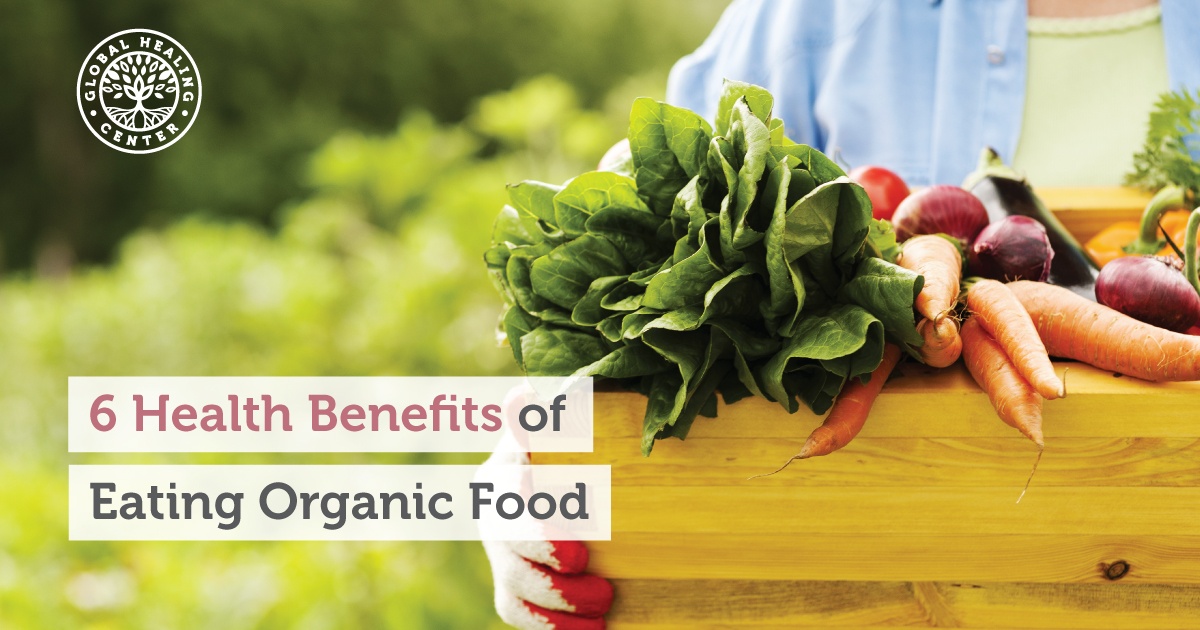 |
Nuts and SeedsNuts and seeds are nutrient-rich crunchy tidbits that add a protein, fiber and healthy fat punch to meals and snacks. They’re also a great source of.. |
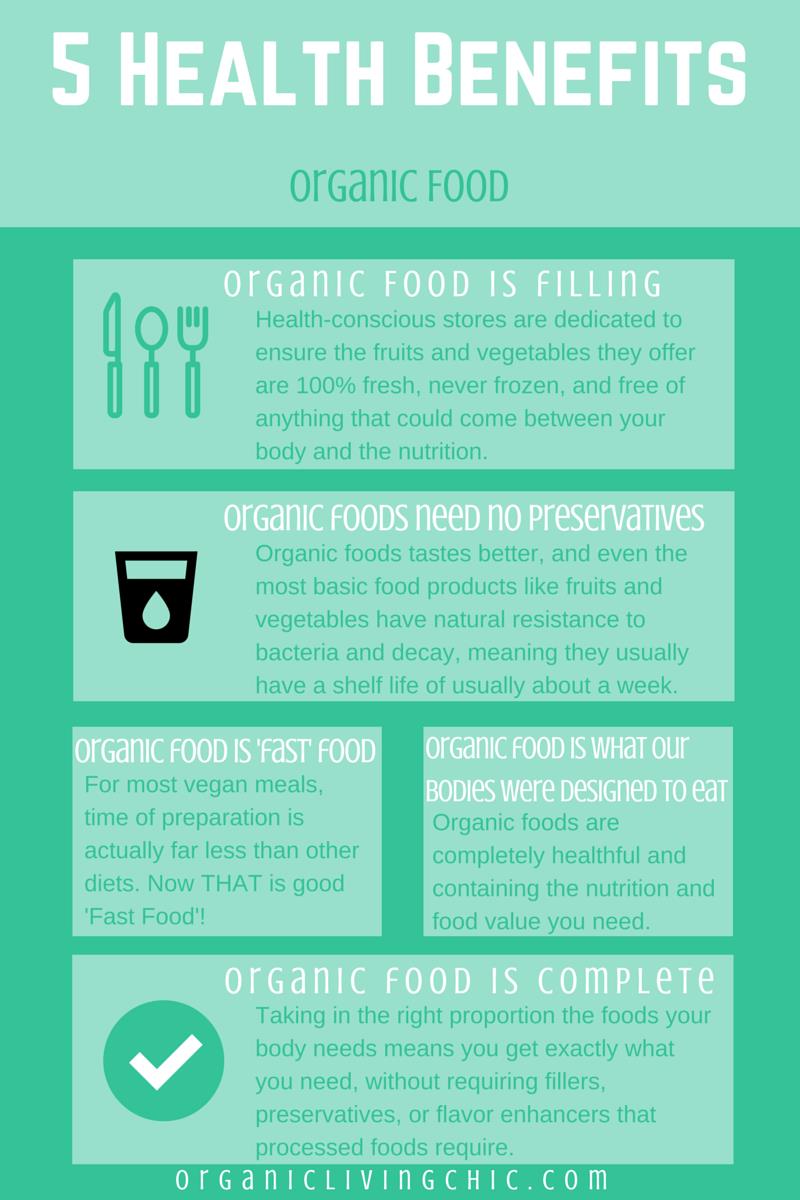 |
Organic Food For A Six Pack? The TRUTH About Organic vs Conventional Foods!Get ripped and keep your strength: http://goo.gl/uLzHn6 Hey guys, it's Clark over at Six Pack Shortcuts and today we're gonna talk about organic vs |
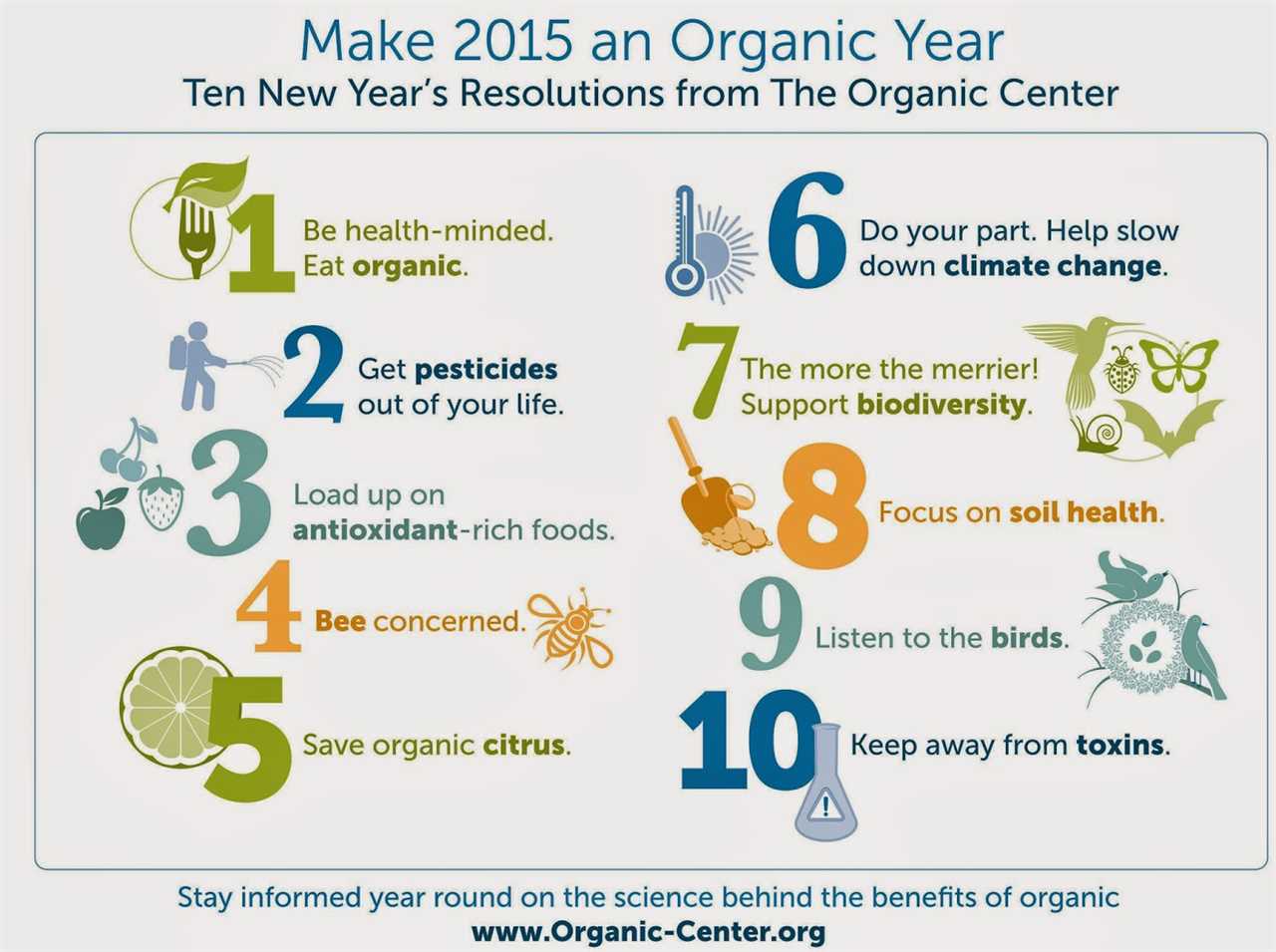 |
Organic vs Conventional Produce - The Dirty Dozen & Clean 15 ExplainedClick https://skl.sh/flavcitywithbobbyparrish to get 2 months of Skillshare for FREE! Here is a full review of the dirty dozen fruits and vegetables and |
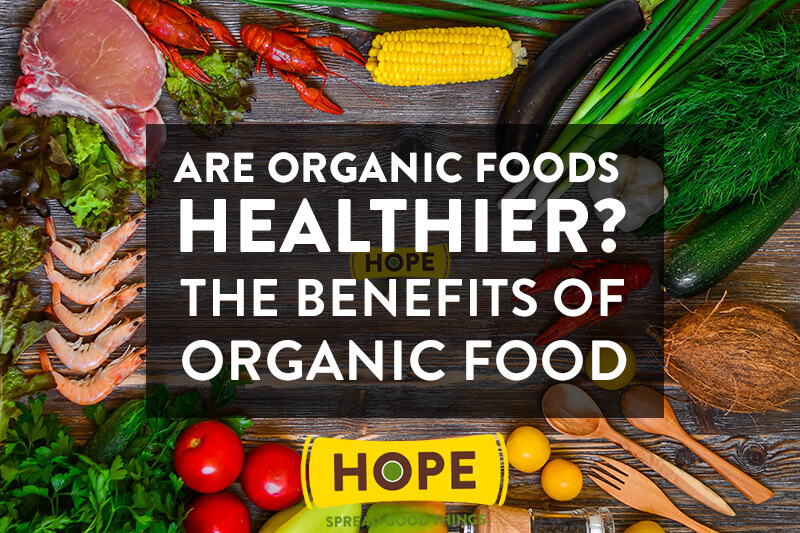 |
Are Organic Foods Really Healthier?It's widely believed that organic foods are more nutritious and safer than non-organic foods, even though the evidence is far from clear. Food certified as |
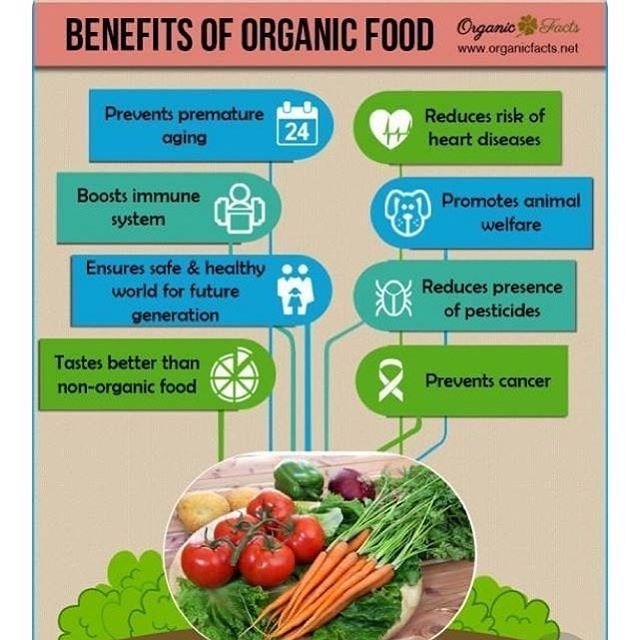 |
Are GMOs Good or Bad? Genetic Engineering & Our FoodAre GMOs bad for your health? Or is this fear unfounded? OUR CHANNELS German Channel: https://kgs.link/youtubeDE Spanish Channel: |
 |
How the food you eat affects your brain - Mia NacamulliView full lesson: http://ed.ted.com/lessons/how-the-food-you-eat-affects-your-brain-mia-nacamulli When it comes to what you bite, che […] |
 |
Is Buying Organic Food Worth The Cost?Subscribe to Goodful: https://bzfd.it/2QApoPk Goodful Goodful Feel better, be better, and do better. Subscribe to Goodful for all your healthy self care |
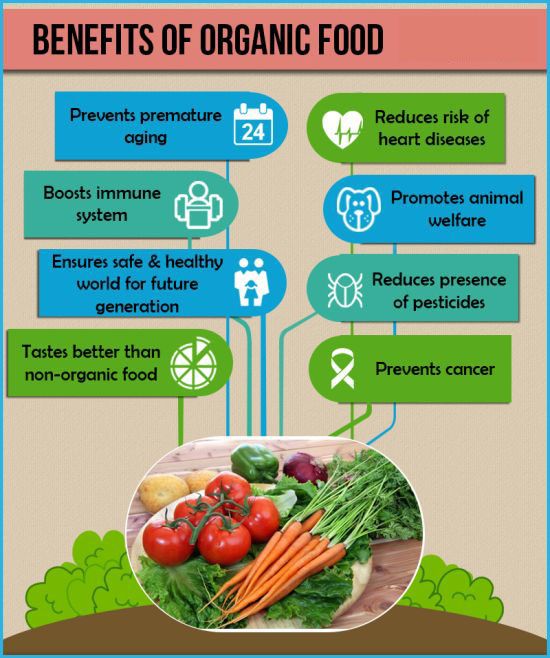 |
Benefits of Choosing Organic Gluten-Free OptionsIf you’ve been diagnosed with gluten sensitivity or celiac disease, you know how hard it can be to avoid foods containing wheat and other grains. But |
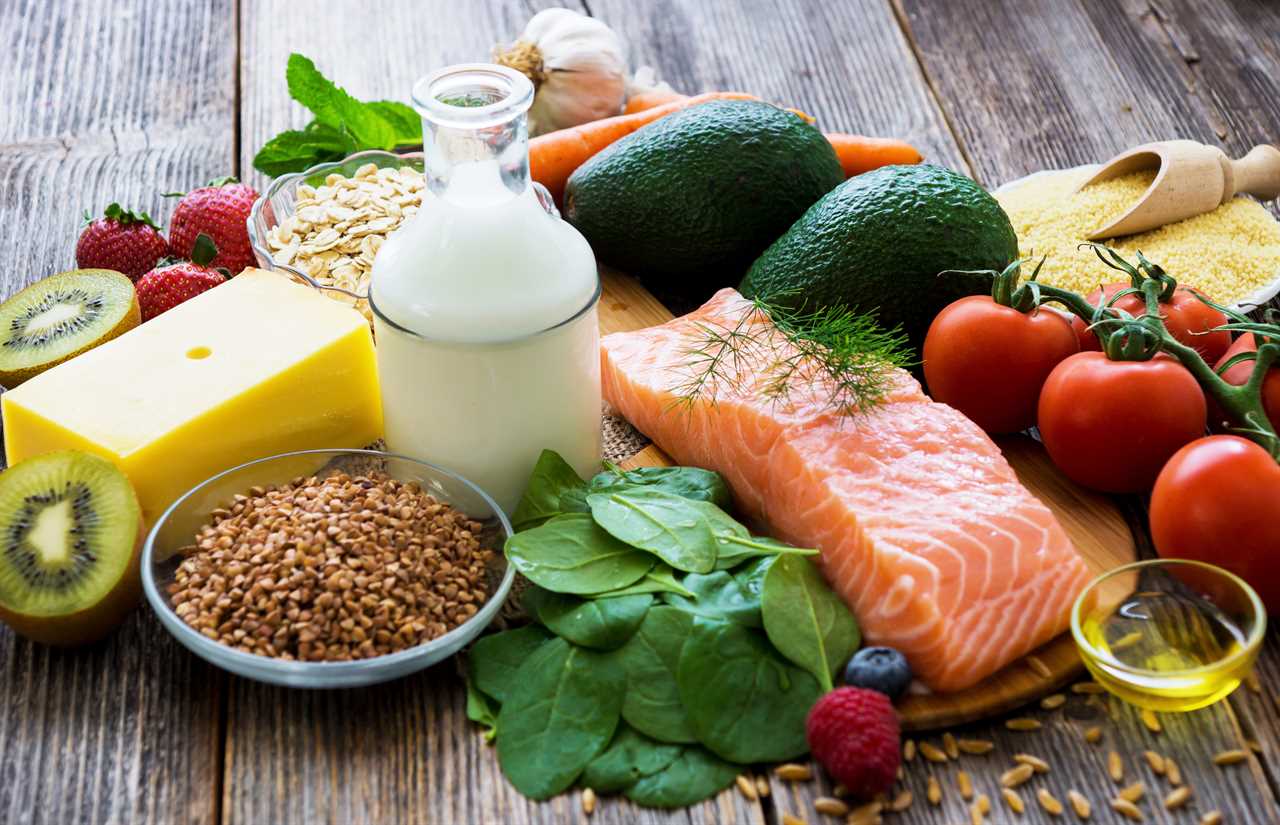 |
Joseph Wang LIVE (Bank Bailouts and Moral Hazards Deep Dive)buy my stuff Come to rebel capitalist live at https://rebelcapitalistlive.com Check out my private, online investment community (Rebel Capitalist Pro) |
 |
Organic Farming and Soil HealthOrganic farming practices promote soil health through crop rotations, symbiotic associations, cover crops and minimum tillage. These management.. |
 |
Research Reveals How Your Body Reacts When You Eat Only Organic FoodsThere is a growing belief that organic foods are healthier for us than non-organic foods. This ever-increasing belief is responsible for significant growth in |
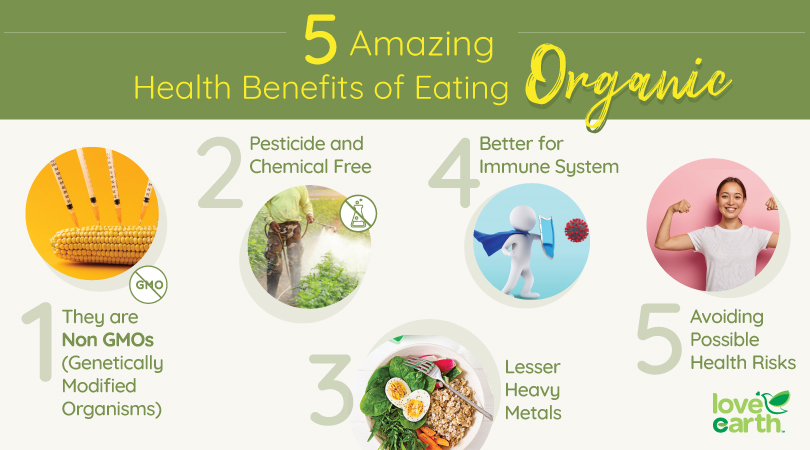 |
Stop Wasting Money on These ORGANIC Veggies (you don’t need to buy them organic)Click Here to Subscribe: http://Bit.ly/ThomasVid Get MY Recommendation on Groceries Delivered to Your Doorstep with Thrive Market: http: […] |
 |
If You Eat an Avocado a Day For a Month, Here''s What Will Happen to YouWhat Will Happen to Your Body If You Eat Avocado Every Day. The avocado is a unique fruit with multiple nutritional and health benefits. How would your body |
 |
Korean GardeningKorean gardening is one of the oldest ways to grow plants. It involves planting herbs, fruits, and vegetables that are used in kimchi, a type of.. |
 |
The Rodale InstituteThe Rodale Institute is a nonprofit organization that aims to support research into organic farming. It was founded in 1947 by J. I. Rodale, an.. |
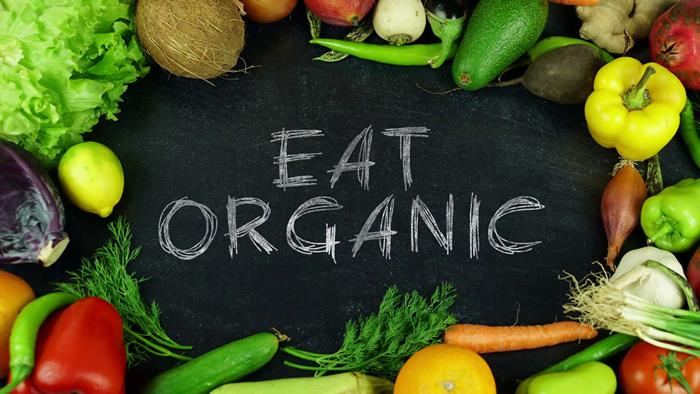 |
Organic eatingOrganic Cultur |
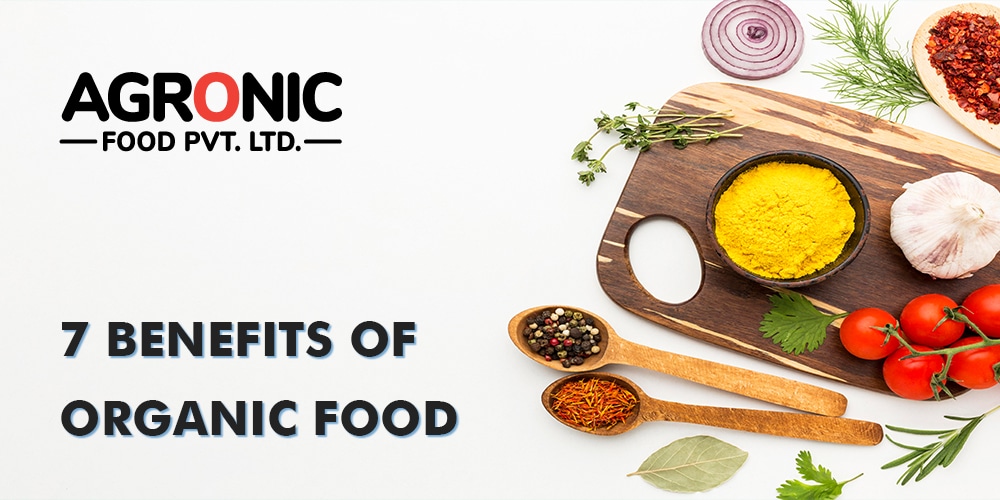 |
What is a Conventional Farm?Conventional farm is the term used to describe a farm that is not organic. It is a form of agriculture that is associated with better soil quality,.. |
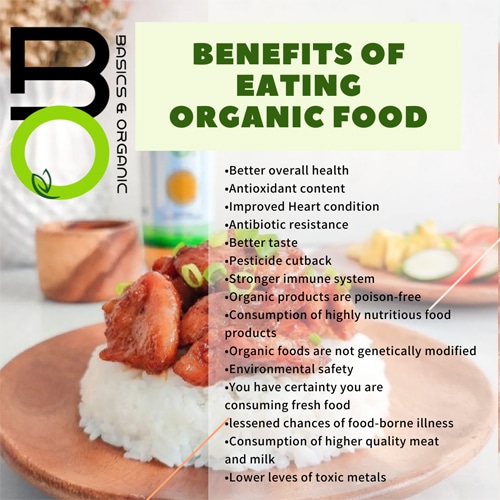 |
Chhattisgarh's Organic Farming SchoolsThe government of Chhattisgarh has started to introduce organic farming schools. This initiative is intended to provide the young generation with the |
 |
Can Organic Be GMO?The question Can organic be GMO is an ongoing debate among many consumers. While it's possible to eat foods that have been produced using genetic.. |
 |
When Did Organic Food Start?The answer to the question when did organic food start? will vary depending on the time period in which you are looking at. For instance, it may be a |
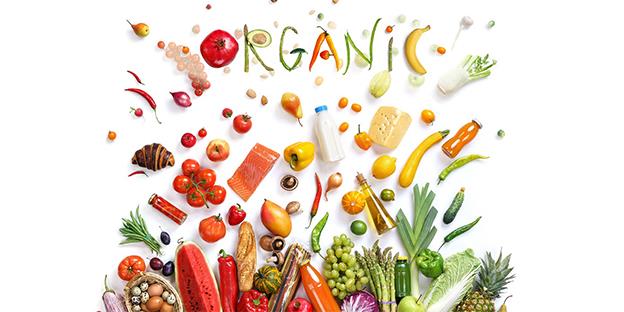 |
Organic Farming PrinciplesOrganic farming is a practice that is designed to be sustainable and healthy. Its principles include avoiding harms produced by industrial farming.. |
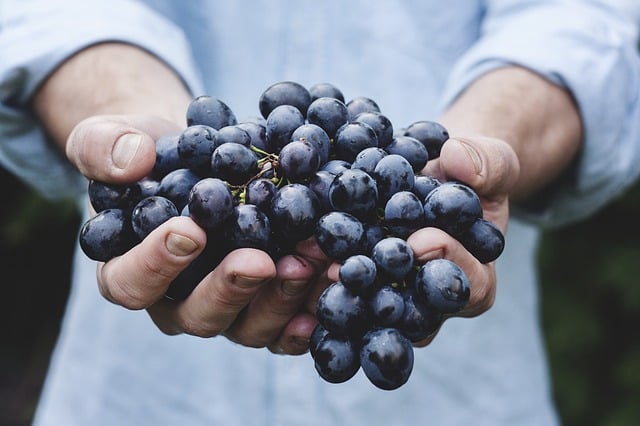 |
Soil Composition and BiodiversityThe soil that we have around us is a vital part of our lives. It is the home for many plants and animals. It also has a texture, a color, and many.. |
 |
The Benefits and Pitfalls of Organic Farming OrganizationsOrganic farming is an approach to farming that is not only ecologically sound, but also financially feasible. It is a method that is free from.. |
 |
Exotic VegetablesWhen it comes to vegetables, there are plenty of choices to choose from. Some of the most popular choices include broccoli, corn, carrots, and.. |
 |
Learn How to Become an Organic Farmer Through a Training ProgramIf you are looking to become an organic farmer, there are several ways you can do so. One option is to take a training program that will teach you.. |
 |
Benefits of Cover CropsIf you aren't familiar with cover crops, you may be surprised to learn that they are plants that are planted to grow on top of the soil to help.. |
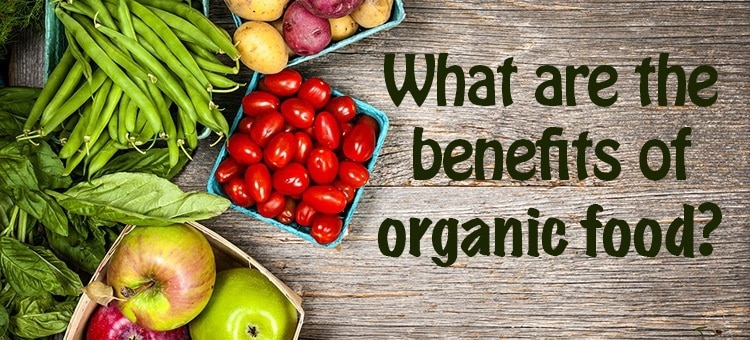 |
What is Organic Cotton?Organic cotton is the type of cotton that is grown without using pesticides or chemicals. It is also the type of cotton that is grown in subtropical.. |
 |
Is Organic Farming Beneficial to Biodiversity?Organic farming is a growing interest in the scientific community, and researchers have been investigating whether the practice is beneficial to.. |
 |
The Benefits of CompostingComposting your waste can be a very effective way of ensuring that your organic material is being broken down to the best of its ability. When.. |
 |
The Difference Between Organic Milk and Regular MilkOrganic milk is a type of milk that comes from livestock that is raised according to organic farming methods. This is a term that is regulated by.. |
 |
Organic Farming MagazineOrganic farming magazine is a resource that provides you with the latest information on organic agriculture, health, and sustainability. It also.. |
 |
The Latest Research on Organic | The Organic CenterResearched articles about eating Organic food |
.png)





